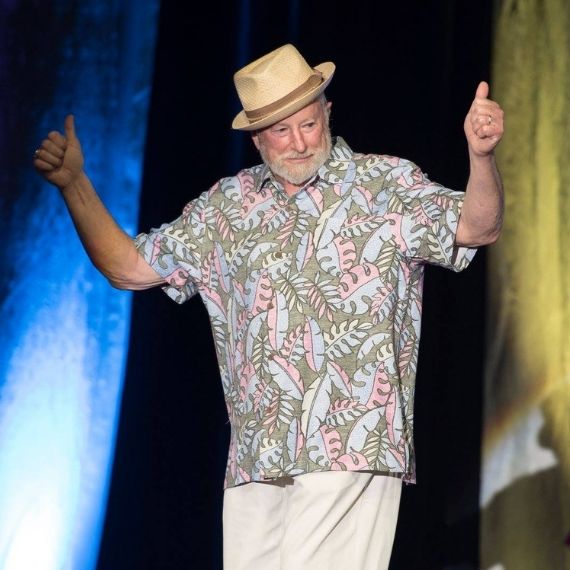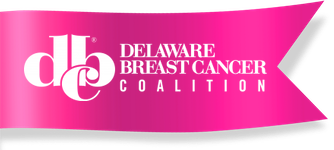Did you know men can get breast cancer?
The fact is that men do have breast tissue. Although rare, they can get breast cancer. According to the American Cancer Society, for men, the lifetime risk of getting breast cancer is about 1 in 833. men, roughly 2,670 men across the U.S. are diagnosed with breast cancer each year.
Do you know if you are at risk?
There are many known factors that increase your risk for breast cancer. Learn more about breast health and risk factors by visiting our breast health page.
Don’t wait!
Early detection and awareness are key! Call you doctor right away if you notice any changes in your chest area, such as a lump or change in your nipples. Do not ignore any warning signs.
Don’t wait! Talk to your doctor right away if you have of these warning signs.
- You feel a lump, a hard knot or swelling in your chest area.
- The skin on your chest dimples or puckers.
- Your nipple pulls in toward your chest wall.
- You see any redness or scaling on your nipple.
- There is a discharge or blood coming from your nipple.
What’s next?
When you are diagnosed with breast cancer, it is often helpful to speak with someone who is a survivor and who has been through a similar breast cancer journey.
DBCC Peer Mentors are trained breast cancer survivors who wish to reach out to help and support others with breast cancer. We have a large network of survivors, some of which speak different languages, as well as male survivors willing to help other men who are diagnosed with breast cancer.

Dan Solow of Seaford, Delaware was diagnosed with breast cancer in 2015. Dan’s wife discovered a lump in his chest during a massage which lead him to call his doctor to make a lifesaving appointment. Dan has previously participated in DBCC’s Lights of Life Gala as a male model as pictured above and has since become a trained DBCC Peer Mentor to help other men who are diagnosed with breast cancer.
